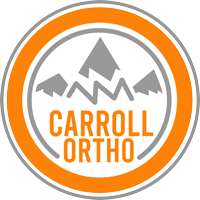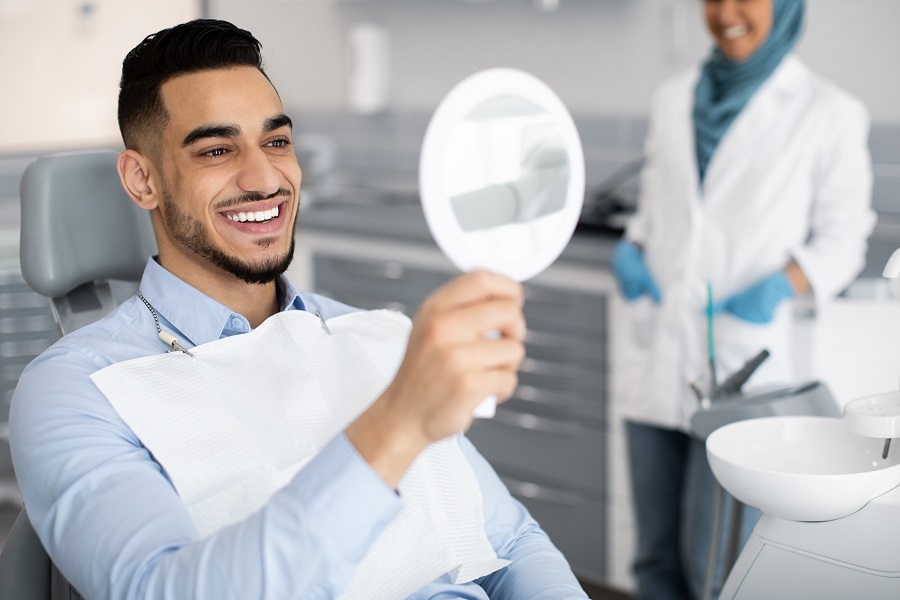The Role of Orthodontics in Treating Jaw Disorders
Orthodontists specialize in treating a variety of jaw-related problems. The orthodontist in Hamilton, MT, uses braces and other dental appliances to help correct these problems and enhance the appearance of the teeth. Read on to learn more about the role of orthodontics in jaw disorders.
What is TMJ?
The temporomandibular joint, or TMJ, is the joint that connects the lower jaw to the skull. When this joint is used properly and correctly, it facilitates easy chewing, speaking, and swallowing. However, if the jaw is not aligned properly or if the teeth do not fit together properly, then it can cause someone to experience pain, discomfort, and other issues with their jaw. This is where orthodontics comes into play. Through orthodontic treatment, your best orthodontist in Hamilton, MT, can correct misalignments and ensure that your teeth fit together in the correct manner. This helps to correct issues related to the TMJ, allowing patients to enjoy better oral and overall health and wellness.
Invisalign® treatment options help to treat issues with TMJ as well. Using removable aligners that can be removed for short periods of time (such as during meals), an orthodontic solution like Invisalign can help to treat problems like TMJ disorder. Through this treatment method, patients are able to enjoy a healthier and better quality of life without worries about pain or discomfort in their jaw.
During a consultation at Carroll Orthodontics, our orthodontist in Hamilton, MT, can determine the most suitable treatment for your case of TMJ disorder or another similar condition.
What Are the Symptoms of TMJ?
According to the National Institute of Dental and Craniofacial Research, temporomandibular joint disorders are a group of conditions that cause pain and dysfunction in the jaw joint, which connects the lower jaw to the skull. While the exact cause of this disorder is unknown, symptoms may include painful chewing or biting, limited jaw movement, hearing a clicking sound when moving the jaw, and a sensation of tenderness in the front of the ear when you press on the area in front of your earlobe.
If you suspect you may have TMJ, we encourage you to schedule an appointment with your dentist as soon as possible before your symptoms get worse! Your orthodontist in Hamilton, MT, will need to conduct a thorough exam and take X-rays of your jaw in order to diagnose you properly and determine the best course of treatment for your condition. Treatment options may include orthodontics to reposition your teeth, medications to reduce pain and inflammation, or surgery to correct severe misalignment of the joint.
What Are the Different Types of TMJ Disorders?
Patients may experience a range of symptoms related to TMJ disorder, including pain in the face or jaw area, headaches, clicking or popping sounds in the temporomandibular joints when they open their mouths, difficulty chewing and speaking, as well as locking jaws. In some cases, patients may develop arthritis in their jaw joints, which can impair their ability to open and close their jaws normally.
Some common types of TMJ disorder include:
Bruxism: This refers to patients who grind or clench their teeth while they sleep. This can be exacerbated by stress, anxiety, and other psychological factors. Over time, bruxism can weaken the teeth and lead to worn enamel. It can also put stress on the muscles of the head and neck.
TMD: This is short for “temporomandibular joint dysfunction.” Patients with TMD experience similar symptoms to patients with bruxism, though it’s usually caused by misalignments in the bite. This can force the jaw out of alignment, leading to pain and difficulty with basic oral functions.
Arthritis: Osteoarthritis can cause pain in the joints and inflammation, while rheumatoid arthritis can lead to swelling in the face. Both of these conditions can put a strain on the muscles and bones of the face, which can result in changes in facial structure and appearance over time.
Contact our orthodontist in Hamilton, MT, and orthodontist in Stevensville, MT, at 1116 W Main St, Hamilton, MT 59840, or 3920 US Hwy 93, Stevensville, MT 59870. You can call (406) 363-2200 to learn more.
Location
- MON - THU8:00 am - 5:00 pm
- FRIBy appointments only
- SAT - SUNClosed
- MON - THU8:00 am - 5:00 pm
- FRIBy appointments only
- SAT - SUNClosed






